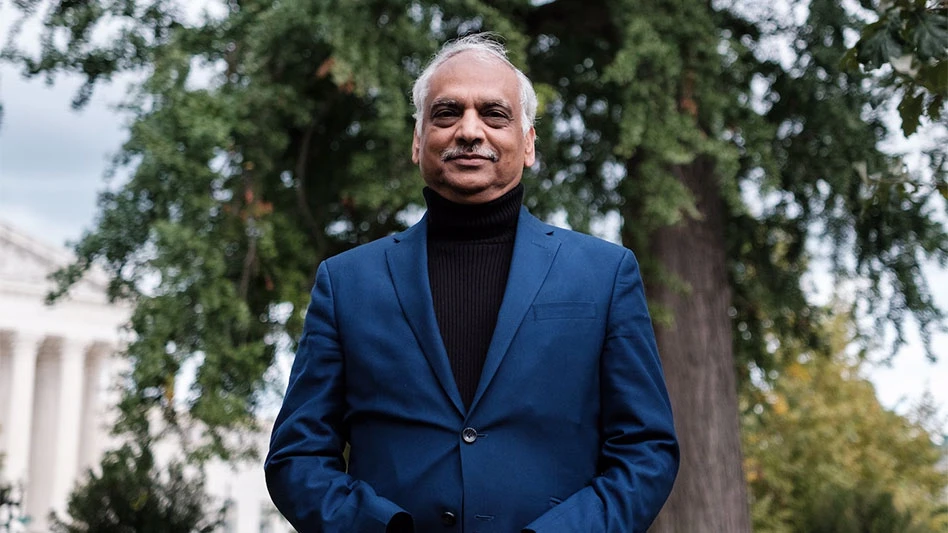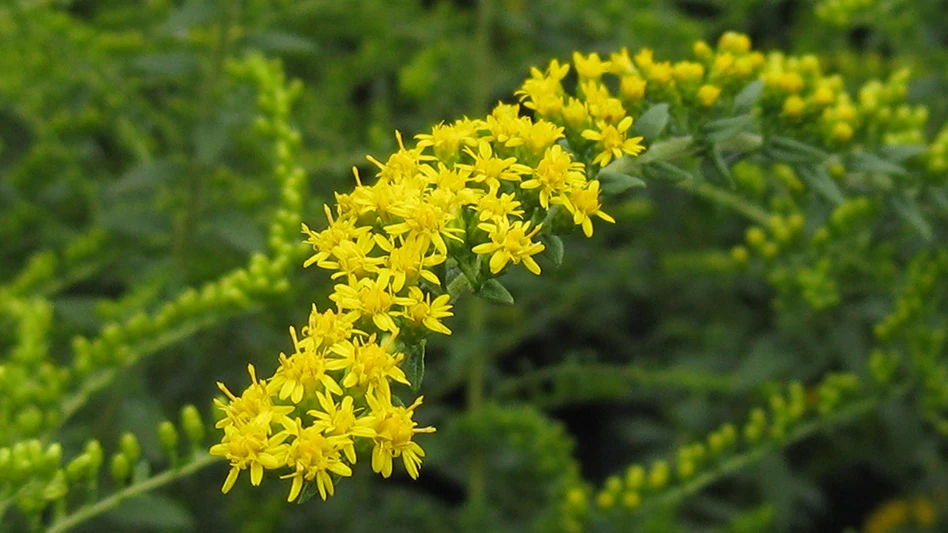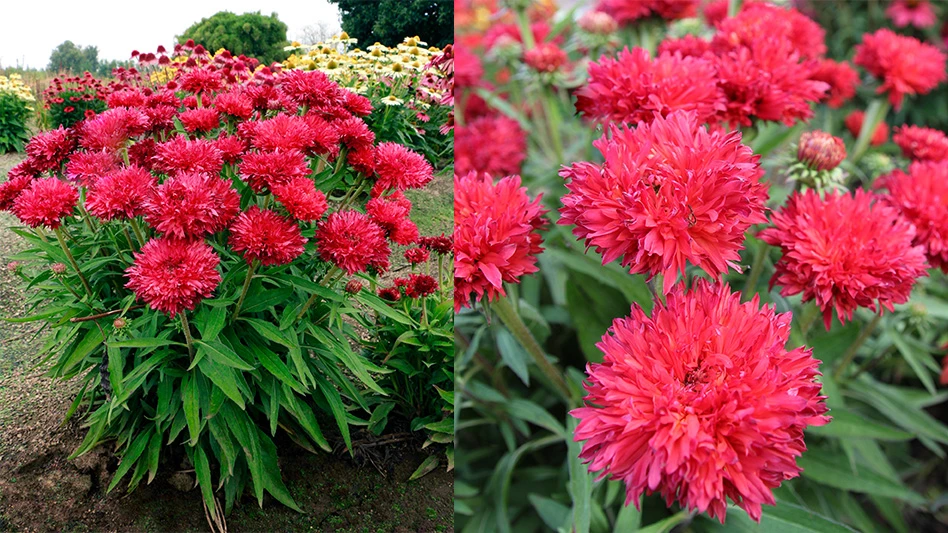
Michael A. McCoy for The Washington Post
Editor's note: This article was originally published by The Washington Post. Read the full article at the link below.
Aruni Bhatnagar looked up.
“This tree right here, it’s got a lot of good leaves so you can stick a lot of air pollutants in it,” Bhatnagar, a cardiology researcher, said as he gestured toward a magnolia tree on the U.S. Capitol grounds.
Bhatnagar, silver haired and wearing a black turtleneck, was in D.C. for the World Forum on Urban Forests to speak about his $15 million Green Heart Louisville project — an initiative aimed at showing a causal connection between greenness and human health, and a potential model for U.S. cities looking to measure the effects of their tree planting.
In 2018, Bhatnagar, a University of Louisville medical school professor, decided that he wanted to “do something” about air pollution in Louisville, which has repeatedly earned failing grades for air quality from the American Lung Association. His contribution, he decided, would be to find the connection between trees and better heart health using the gold standard for evidence: clinical trials.
“The idea is to learn to examine everything, no matter how obvious they may seem,” he says.
Bhatnagar is well aware of the massive forest of urban tree research available, but much of it involves observational health studies, in which scientists measure potential correlations between urban trees and residents’ health.
“What I thought was we really don’t know if trees are beneficial for health,” Bhatnagar said.
To get beyond that, he proposed the Green Heart Louisville initiative, which launched in 2018. Over time, contractors and volunteers have planted nearly 8,000 trees and shrubs in a cluster of lower-to-middle-income neighborhoods in southern Louisville and measured health data from nearly 500 residents.
Today, the project involves more than 50 researchers, four universities, four nonprofit groups, five state and local government agencies, and the U.S. Forest Service.
Click here to read more about this urban science experiment and its results thus far.
Latest from Nursery Management
- Pennsylvania Horticultural Society shares top gardening trends from 2025 Philadelphia Flower Show
- California Spring Trials 2026 dates announced
- Les Evans promoted to DRAMMwater segment manager, Al Zylstra to retire
- Hoffmann Family of Companies to acquire N.G. Heimos Greenhouses
- The Growth Industry Episode 3: Across the Pond with Neville Stein
- Southern Garden Tour sets 2025 dates for trial garden open houses
- GIE Media Horticulture Group wins five regional 2025 Azbee Awards of Excellence
- How to create a sustainable plant nursery







